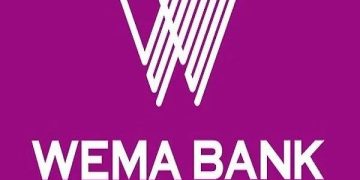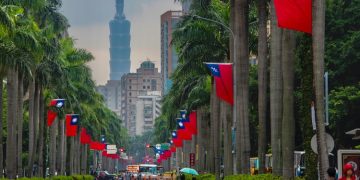A recent nationwide income analysis has brought to light Nigeria’s deepening economic disparity, revealing that fewer than 5% of citizens earn more than ₦500,000 each month. The data, drawn from a comprehensive consumer behavior and income trend survey conducted in early 2025, paints a sobering picture of the country’s current financial landscape.
According to the findings, a vast majority of Nigerians continue to live on modest or unstable incomes, with a significant portion earning well below ₦100,000 per month. Only an extremely limited percentage estimated at just 0.4% earn above ₦1 million monthly. These top earners are typically concentrated among entrepreneurs, expatriate professionals, senior executives, and Nigerians with access to foreign currency-based income streams.
The report underscores the near absence of a middle class in the country’s current economic environment. Approximately 4.9% of respondents reported earning between ₦500,000 and ₦1 million per month, while nearly 60% fall into the bracket earning under ₦300,000 a level many analysts argue is insufficient to meet even the basic needs of an average Nigerian household in today’s inflation-driven economy.
The results come at a time when Nigeria is grappling with surging inflation rates, volatile exchange rates, and sluggish job creation. Basic commodities such as rice, fuel, cooking gas, and transportation have experienced consistent price hikes, further stretching the already limited purchasing power of average earners.
Geographically, the South-West region emerged as the area with the highest concentration of high-income earners, particularly in Lagos State, which remains Nigeria’s commercial capital. The region’s economic opportunities, driven by financial services, tech startups, and trade activities, continue to attract both local and international investments, creating relatively higher-paying job roles.
However, the report also warns of the long term risks posed by the growing income gap. With youth unemployment remaining high and underemployment rampant, the study calls for urgent attention to skill acquisition and education reform. Analysts argue that the lack of access to technical and professional training is a key factor trapping millions of Nigerians in low-income cycles.
The findings have triggered renewed calls from economists and social development advocates for more inclusive economic policies. Experts are urging the federal government to implement a structured national strategy to bridge the income divide. Recommendations include increasing investments in small business development, expanding access to vocational education, and boosting local production to reduce dependency on imports.
























































